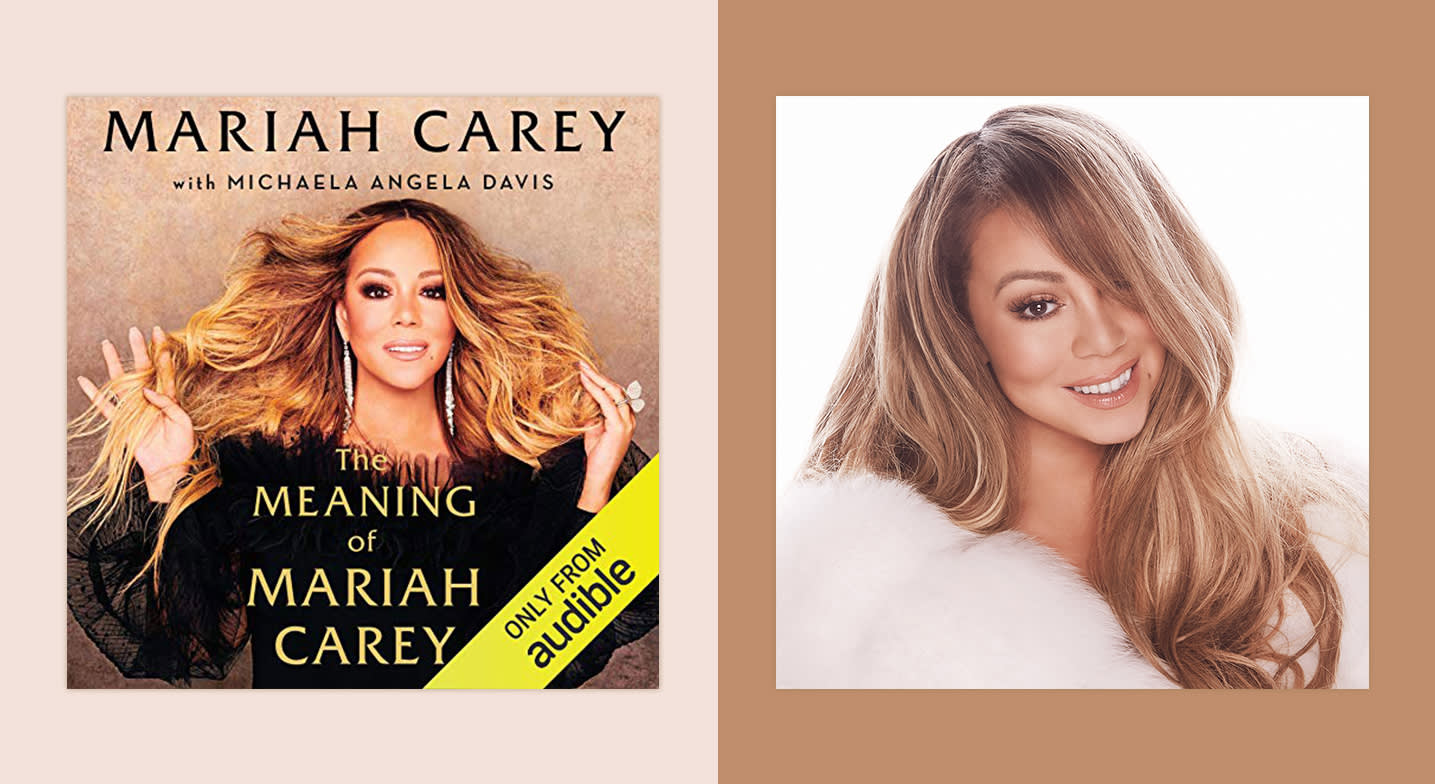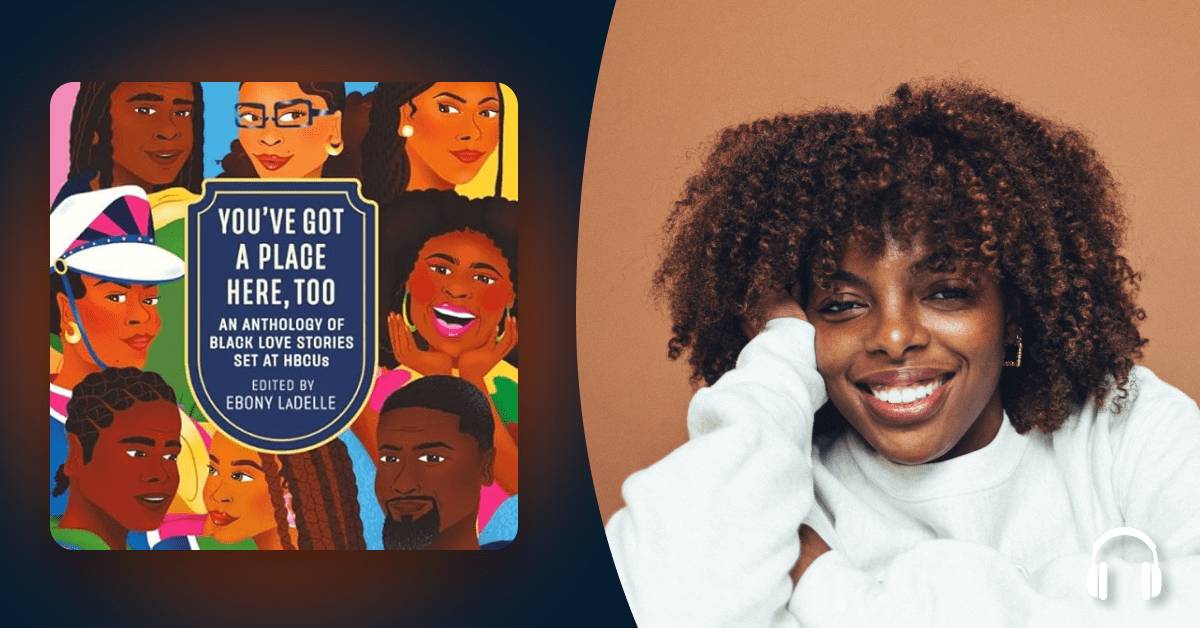Note: Text has been edited and may not match audio exactly.
Abby West: Hi, I'm your Audible editor, Abby West, and I'm positively thrilled to be talking today with award-winning singer, songwriter, producer, actress, entrepreneur, and philanthropist Mariah Carey about her new memoir, . Welcome, Mariah.
Mariah Carey: Thank you so much. Glad to be here.
AW: So, Mariah, why was this the right time to tell your story?
MC: Well, I've been wanting to tell this story for a long time. I've wanted to write my memoir. And I started thinking about it when I was pregnant with the kids—dem babies, dem kids—and then it didn't end up working out. So I believe that everything happens at the right time for the right reason. And it's a very timely story, actually, the story of my life.
AW: In your memoir, you very eloquently take us through the dysfunction of your family relationships, of your marital one, and the ramifications of all of that for you. What was it like for you to access these deep and often painful memories?
MC: Honestly, it was often painful for me to access these emotions in terms of just reliving a lot of things that I had kind of buried, if that makes sense, buried deep inside, because I don't harp on negative things. I always try to push through to a place of positivity. But in doing the work for this book, I did have to relive a lot of very painful memories. And it was hard, but it's something that I've done as a songwriter is accessing those emotions and things like that when writing very personal songs. So, this was like that times a hundred thousand million percent.
AW: Yeah. I can completely see that, and you talked about the rightness of this moment. Part of that is that you're confronting the role of racism in your life and the way it's played out. And we're in this great moment of racial reckoning, as it were. Was it particularly resonant to revisit it and record it in this moment?
MC: Actually, it really was. So, the book itself was locked in terms of text prior to, kind of, the actual moment that we're living in, in terms of like the world turning upside down. But for me, it's a very positive place because it's change, and the fact that it does need to change. But it just became such a thing where it was like, oh my gosh, this is exactly what I'm talking about in the book. And so, it was like, wow, this is extremely timely. And, you know what, I've actually gone to different—in recording the audiobook—there are certain stories like "Coloring Outside the Lines" and "A Girl's Best Friend" that I shared with my kids because I wanted them to kind of learn about this very specific kind of racism that I encountered, so that they would be more equipped to handle things because it's very confusing to grow up as Black and mixed children, certainly in the current climate.




